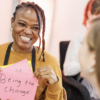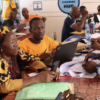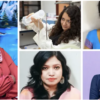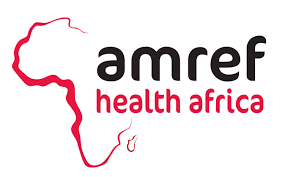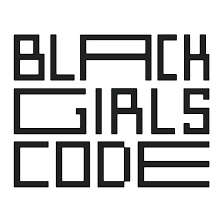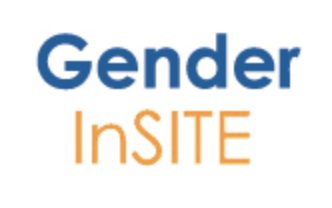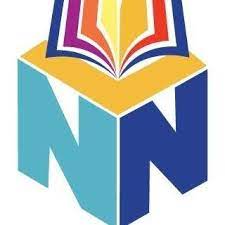IMC Weekend School
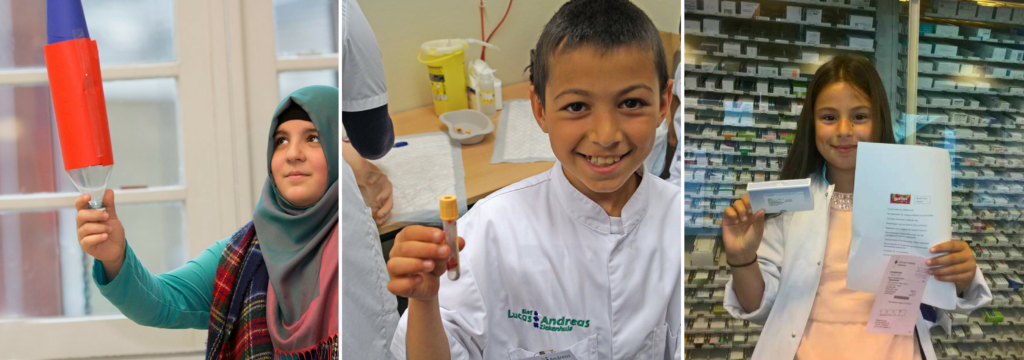 Encouraging careers among young people from communities that have severely limited educational resources and few professional role models is crucial. The IMC Weekend School offers an enrichment program for children in underprivileged neighborhoods across the 10 largest cities in the Netherlands, which helps children to acquire self-confidence, develop non-cognitive life skills, connect more fully to society and ultimately improve their prospects. Through a 3-year program, professionals, volunteer teachers and coaches introduce students, ages 11–13 to a wide range of disciplines including science and health. They receive communication skills training, conflict resolution and all-round character development. The Elsevier Foundation grant supports the science and health programs for the Amsterdam West-based Weekend Schools.
Encouraging careers among young people from communities that have severely limited educational resources and few professional role models is crucial. The IMC Weekend School offers an enrichment program for children in underprivileged neighborhoods across the 10 largest cities in the Netherlands, which helps children to acquire self-confidence, develop non-cognitive life skills, connect more fully to society and ultimately improve their prospects. Through a 3-year program, professionals, volunteer teachers and coaches introduce students, ages 11–13 to a wide range of disciplines including science and health. They receive communication skills training, conflict resolution and all-round character development. The Elsevier Foundation grant supports the science and health programs for the Amsterdam West-based Weekend Schools.
The school designed by psychologist Heleen Terwijn and founded in collaboration with the trading firm IMC (International Marketmakers Combination), opened its doors in 1998 to underprivileged children of the South-East area of Amsterdam. Now it has 10 schools, 15 career fields, 2,087 alumni, 1,100 students and over 100 private and corporate funders.
To foster the future of science and to help underserved children get greater exposure to science and health education, the Elsevier Foundation will donate $100,000 over four years to IMC Weekend School. The grant supports weekend enrichment modules that not only encourage STM careers among youth from communities that have severely limited educational resources – but also promote positive professional role models.
Our goals
• Introduce students to a wide range of disciplines through classes taught by volunteer professionals; provide additional soft skill training in presentation, cooperation, research, debate and conflict resolution and an all-round character education over the course of IMC’s three year program.
• Encourage careers among young people from communities that have severely limited educational resources and few professional role models.
• Improve the outlook, self-confidence and prospects of underprivileged children, helping them to develop noncognitive skills and acquire a sense of belonging to society.
• Promote positive interaction between students, teachers and volunteer coaches, overcoming cultural and class boundaries.
Learn more about the program on Elsevier Connect: “Immersing children in the world of science and medicine“, Domiziana Francescon, 15 September 2016.
